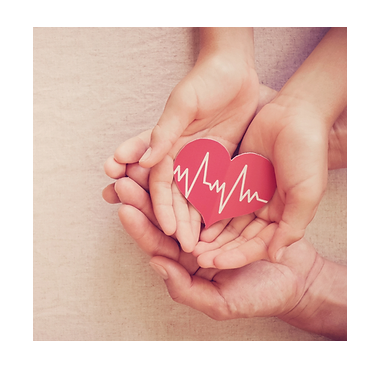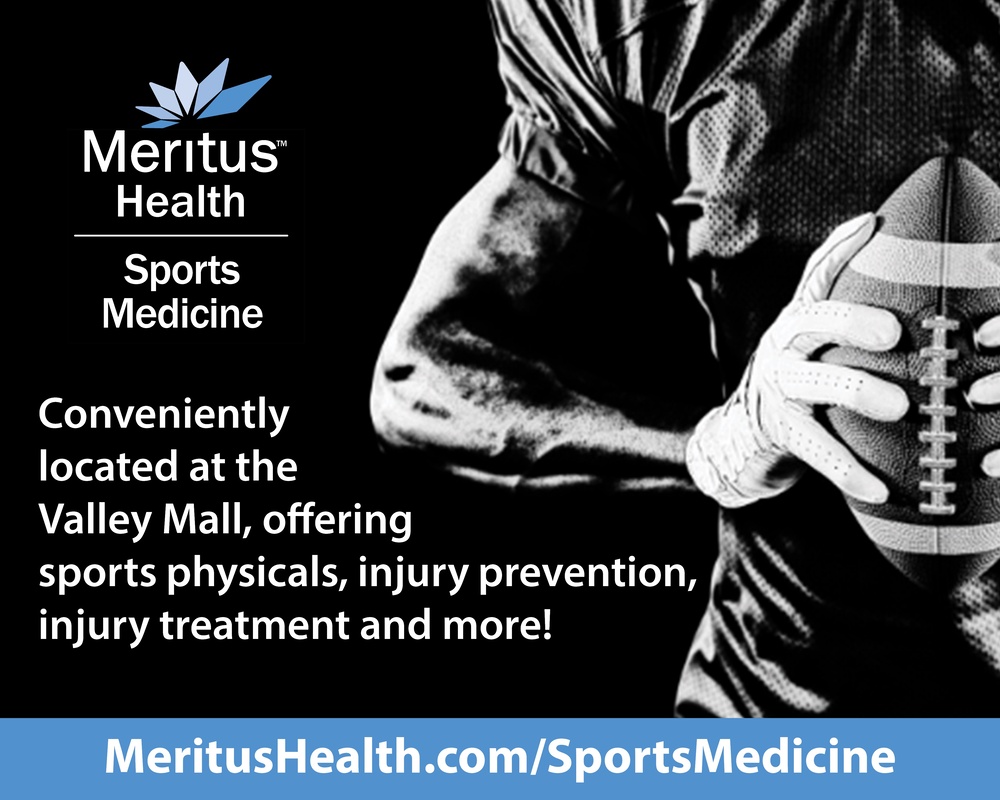When is the last time you thought about your heart health?
Many of us can forget how important our heart is and how serious the consequences can be if we don’t take care of it. February is National Heart Month and what better time to start taking better care of your heart so that it can keep taking care of you?
It’s important to remember that you’re never too young or too old to take care of your heart. If you make smart choices as a young adult, they can pay off for your overall health the rest of your life. However, it’s never to late to start making changes to your lifestyle at any age. Getting heart healthy can be an adjustment, but with small changes here and there, you can gradually find yourself feeling better overall and your heart will thank you for it!
Simple steps you can start taking include:
- Create a healthy eating plan
- Be physically active
- Have regular wellness exams
- Manage your stress
- Quit smoking or don’t start
- Learn about your family history
Find tips for each of these steps here. The American Heart Association also offers a Life’s Essential 8 resource tool that can help you focus on the key measures for improving and maintaining cardiovascular health. A kids version is also available to help them develop healthy habits!
When we don’t take care of our heart, the health risks can be devastating. It’s important to remember the warning signs of a heart attack-it can save someone’s life, including yours!
- CHEST DISCOMFORT-Most heart attacks involve discomfort in the center of the chest that lasts more than a few minutes, or that goes away and comes back. It can feel like uncomfortable pressure, squeezing, fullness or pain.
- DISCOMFORT IN OTHER AREAS OF THE UPPER BODY-Symptoms can include pain or discomfort in one or both arms, the back, neck, jaw or stomach.
- SHORTNESS OF BREATH-With or without chest discomfort.
- OTHER SIGNS-May include breaking out in a cold sweat, nausea or lightheadedness.
If any of these warning signs are present, call 911 immediately! Learn more about heart attack symptoms here.
Find more information about heart health, including ample resources and health tips from the American Heart Association here.
An easy way to find out if you are at high risk for heart disease is to take a Heart Health Assessment. This quiz will help you determine your risk numbers for developing heart disease. Anyone with a score of 58-70 is at high risk. A score of 72 or higher means you should contact your healthcare professional immediately.
Did you know that smoking can also have a huge impact on your heart health? According to the American Heart Association, almost one third of deaths from coronary heart disease are due to smoking and secondhand smoke.
WellSpan Health offers FREE Freedom from Smoking classes to help individuals quit smoking, fight addiction and develop a smoke-free lifestyle. Register for upcoming classes here.
Make sure to check out additional programs taking place during the month of February that focus on heart health below:
Winter STREAK
Join WellSpan Health’s FREE 12-week community wellness program designed to promote wellness by encouraging participants to increase physical activity, eat healthy and reduce stress. It is a fun and effective way to increase your health and well-being during these cold winter months. Find more information at winterstreak.org.






















